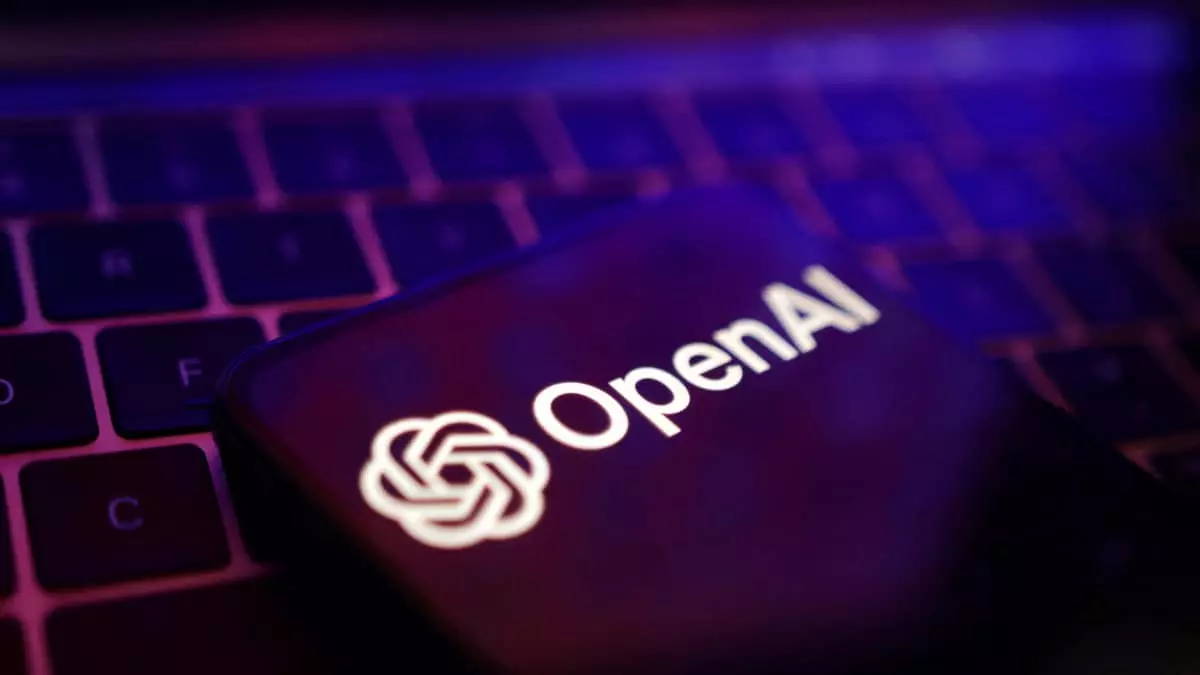In a notable instance of rising legal tensions within the technology sector, five prominent Canadian news media organizations initiated court proceedings against OpenAI, the parent company of the generative AI interface ChatGPT. The lawsuit is emblematic of the growing apprehension among content creators regarding how their work is used and monetized by artificial intelligence firms without appropriate consent or compensation. This legal move is part of a broader trend wherein various sectors, including literature and visual arts, are banding together to protect their copyrights against perceived misuse by technological entities.
The lawsuit, launched by well-known entities such as Torstar, Postmedia, The Globe and Mail, The Canadian Press, and CBC/Radio-Canada, accuses OpenAI of systematically scraping vast amounts of content from their platforms without authorization. These organizations assert that OpenAI’s practices amount to copyright infringement and breach of the terms under which their content is made available online. The claim emphasizes that journalism serves a public interest, and exploiting this essential service for commercial gain undermines its value. The plaintiffs argue that OpenAI’s actions not only infringe on their copyrights but also jeopardize the financial viability of quality journalism.
Interestingly, this lawsuit follows a previous ruling by a federal judge in New York, where a case against OpenAI for the alleged misuse of articles from Raw Story and AlterNet was dismissed. The dissenting opinions in the legal community suggest a growing confusion regarding what constitutes fair use in the context of rapidly evolving AI models. In this turmoil, OpenAI has publicly defended itself, claiming its models are trained on data that is openly accessible and compliant with fair use principles. Their spokesperson emphasized a collaborative approach with news media, offering features that promote attribution and the option for publishers to opt out of data usage.
The ramifications of this legal confrontation could be profound, as it reflects a power struggle between traditional media and tech companies wielding substantial influence and resources. The complaint filed does not mention Microsoft, a key investor in OpenAI, but the recent expansion of a lawsuit by Elon Musk—which targets both OpenAI and Microsoft—highlights a broader narrative of alleged monopolization in the AI space. Stakeholders are closely watching these developments, as the outcomes could set important precedents for how intellectual property laws are interpreted in the context of generative AI.
As technology continues to advance, the discourse surrounding intellectual property and copyright becomes more intricate. The case involving Canadian media companies and OpenAI exemplifies a critical juncture where ethical considerations must align with technological capabilities. It calls for a comprehensive reevaluation of the partnerships between content creators and AI companies, emphasizing the importance of establishing fair compensation models that respect the rights of original authors. As this legal battle unfolds, the future of content creation and its integration with artificial intelligence stands at a pivotal crossroads.

